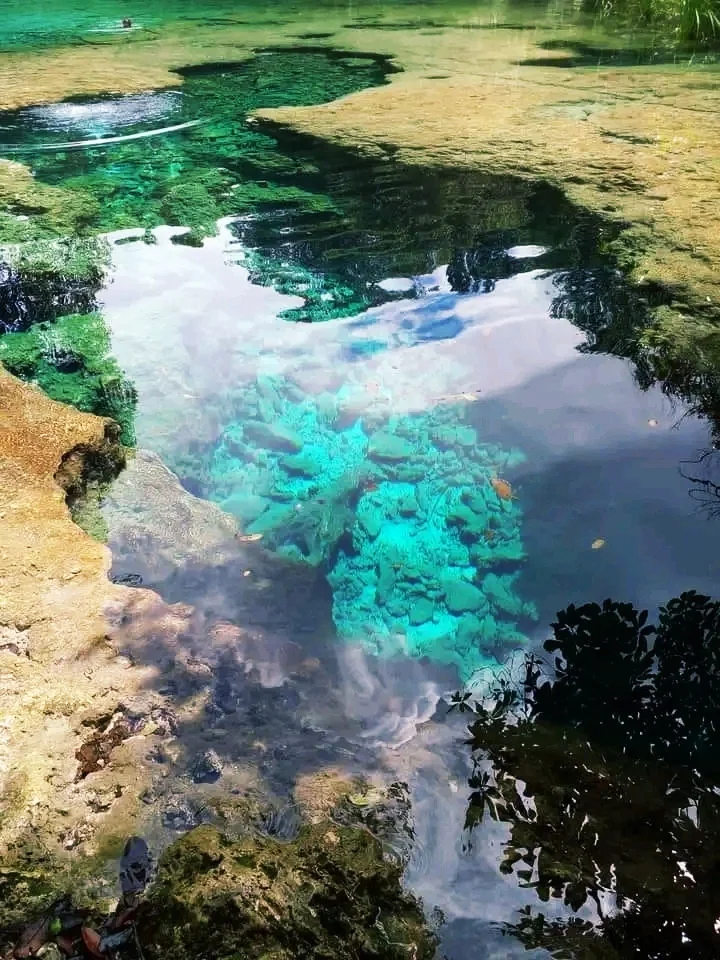Agriculture in Indonesia has a long history that reflects a rich culture and tradition.
A traditional practice that is still sustainable today is plowing rice fields with buffaloes. This article explains the process and cultural values inherent to this activity.
How to plow a field with a buffalo.
The process of plowing a field with a buffalo begins with the selection of a strong,well-trained buffalo.
The farmer then places a traditional plow on the buffalo's neck,which he then gives instructions on how to work the land.
The plow is made of light but strong wood and is designed for good tillage.
The advantages of this traditional method.
1. Environmentally Friendly.
Plowing with buffaloes is not only effective but also environmentally friendly.
Without using fossil fuels, this process reduces CO2 emissions and supports sustainable agriculture.
2. Buffalo Husbandry.
This method also promotes buffalo farming as an integral part of agricultural life. Buffaloes are considered loyal co-workers and create strong bonds between humans and animals.
3. Preservation of local wisdom.
Plowing rice fields with buffaloes is a tradition passed down from generation to generation.
By maintaining this method,the community contributes to preserving local wisdom and rich cultural values.
Inherent cultural values:
1. Collaboration.
Plowing the fields requires cooperation between farmers and buffaloes.
This reflects the values of solidarity and mutual cooperation characteristic of Indonesian society.
2. Dependency on nature.
This practice gives a feeling of dependence on nature and the circle of life.
Farmers and buffaloes work together to achieve abundant harvests.
3. Agricultural creativity.
This method provides space for farmers to develop their creativity in the agricultural sector.
They thoroughly understand agricultural and soil cycles.
Plowing rice fields with buffaloes is not only an agricultural technique but also a form of cultural heritage that contains noble values.
By maintaining this tradition,the Indonesian people not only maintain the sustainability of their agriculture,but also their identity and local wisdom.













































